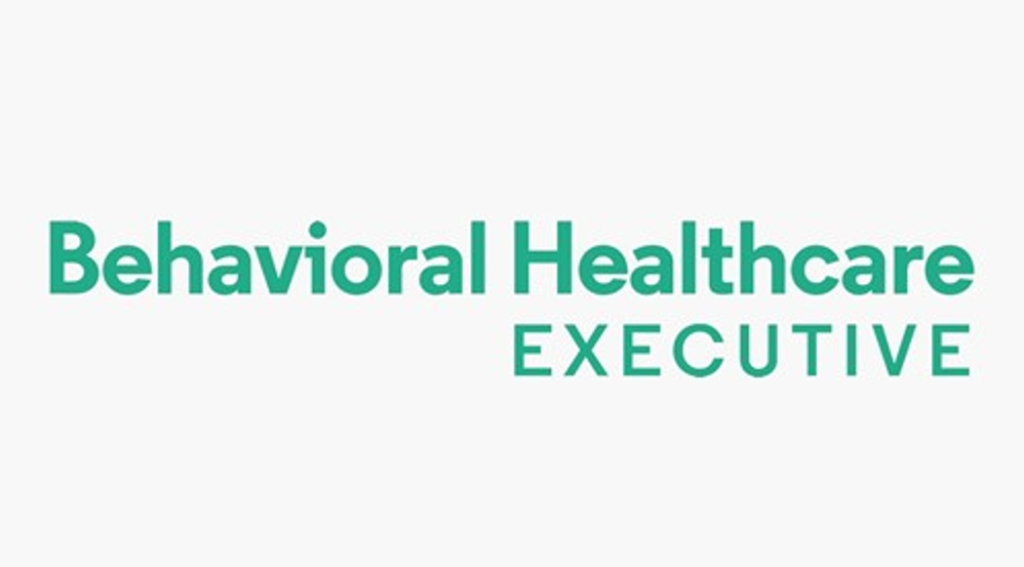Addressing the Signs of Mental Health Decline in the Workplace
In a recent U.S. Chamber of Commerce Foundation (USCCF) blog post, “How Forward-Looking Companies Can Address the Signs of Mental Health Decline in the Workplace,” Dr. Anton C. Bizzell discusses how business leaders can learn the signs of mental health disorders in the workplace and shares strategies employers can implement to boost company morale. As a small business owner and advisory board member for the U.S. Chamber of Commerce Foundation, Dr. Bizzell has witnessed first-hand how negative repercussions due to an unfavorable environment could impact employees’ mental health.
The initial step for any business owner looking to address mental health in their workplace is to learn the signs of decline in mental health before it has a much larger domino effect. If an employee’s mental health is altered due to discouragement at work, there are strategies employers can implement to help manage mental health decline and boost company morale, Dr. Bizzell writes.
READ MORE: U.S. Chamber of Commerce Foundation (USCCF)




